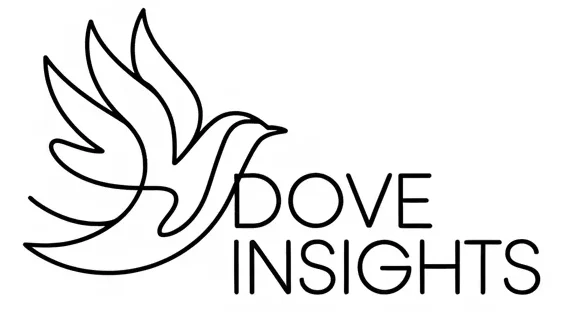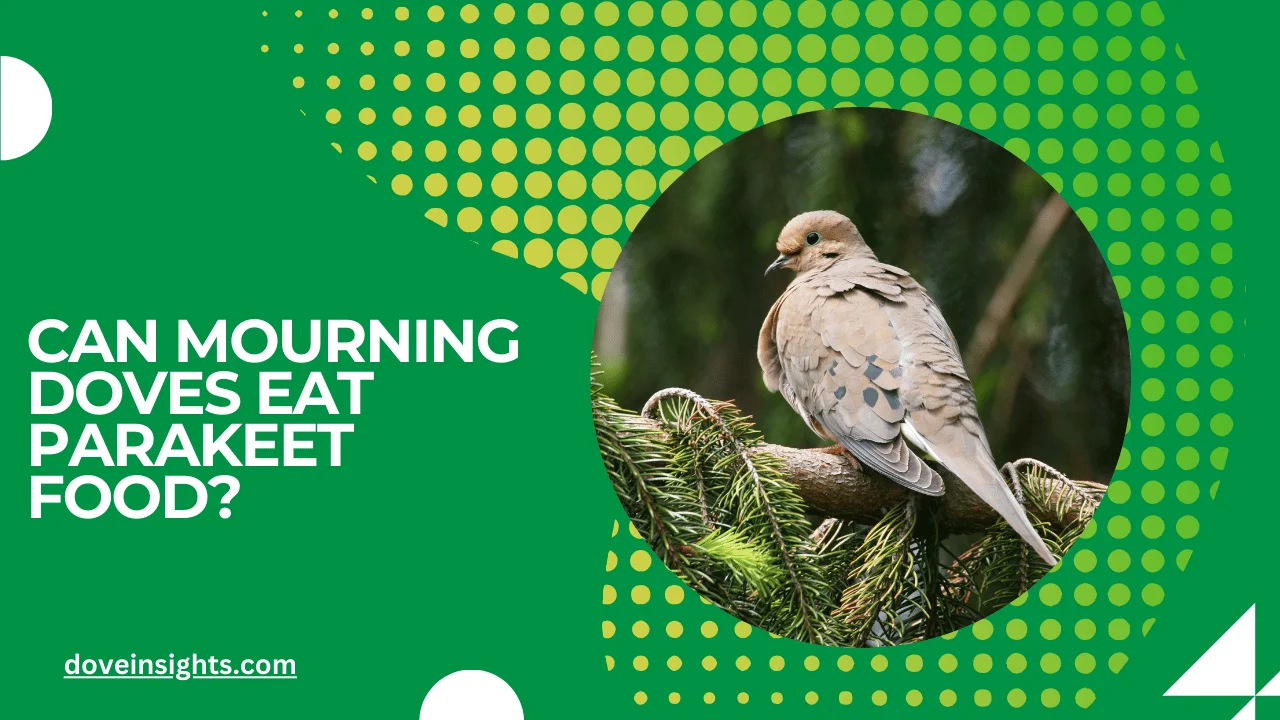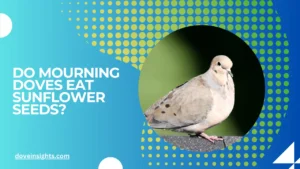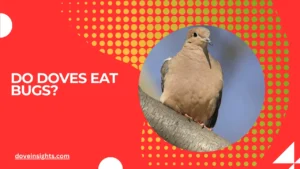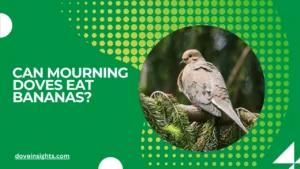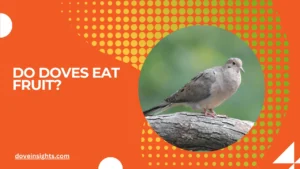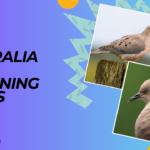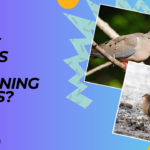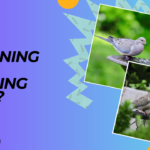Mourning doves are known for their soft, peaceful coos and elegant flight patterns, frequently gracing gardens and parks across North America.
Their gentle nature and calming presence have made them symbolic of peace. But if you’ve ever kept a parakeet or similar pet bird, you might have wondered, can mourning doves eat parakeet food?
The question might seem a bit unusual, but it raises an interesting point about bird diets and whether different species can share the same food sources.
Mourning doves and parakeets are both seed-eating birds, yet they come from different environments and have different dietary needs. The fact that they both thrive on seeds leads many bird owners to believe that they could easily share the same food.
But is it really safe or beneficial for mourning doves to eat parakeet food? In this article, we’ll explore whether mourning doves can eat parakeet food, what each species requires nutritionally, and how feeding them the same diet might affect their health.
Understanding the dietary preferences and needs of these two birds will provide valuable insights for bird enthusiasts and pet owners alike.
Contents
- 1 Understanding the Diets of Mourning Doves and Parakeets
- 2 The Composition of Parakeet Food: What’s in the Mix?
- 3 Nutritional Needs of Mourning Doves vs. Parakeets
- 4 Potential Risks of Feeding Mourning Doves Parakeet Food
- 5 Can Mourning Doves Safely Eat Parakeet Food in Small Amounts?
- 6 Conclusion:
- 7 FAQ’s
- 7.0.1 Can mourning doves eat parakeet food?
- 7.0.2 Is parakeet food safe for mourning doves?
- 7.0.3 Why can’t mourning doves eat parakeet food regularly?
- 7.0.4 What seeds should I feed mourning doves?
- 7.0.5 Can mourning doves eat sunflower seeds from parakeet food?
- 7.0.6 What are the best food options for mourning doves?
Understanding the Diets of Mourning Doves and Parakeets
Mourning doves are typically granivores, meaning that their primary diet consists of seeds, including grasses, weeds, and various types of grain.
They often forage on the ground, pecking at seeds that they find on the ground. Sunflower seeds, millet, and corn are common in their natural diet. Mourning doves also have a specialized digestive system designed to process hard seeds, breaking them down in their gizzard, an organ that helps grind tough foods.
Parakeets, on the other hand, are also granivores, but their diet is a bit more specialized. These small birds thrive on high-quality seed mixes, including a variety of millets, sunflower seeds, oats, and grains.
They also require access to fresh vegetables, fruits, and calcium-rich foods to ensure they receive a balanced diet. While the seeds in parakeet food may seem suitable for mourning doves, the mix of other ingredients may not be ideal for them.
The difference in size and digestive requirements means that while seeds are essential for both species, their overall dietary needs might not align perfectly.
When considering whether mourning doves can eat parakeet food, it’s essential to examine the specific ingredients and additives commonly found in commercial parakeet food. Mourning doves may be able to eat some of the seeds, but what about the other ingredients?
Are these safe for them to consume?
The Composition of Parakeet Food: What’s in the Mix?
Parakeet food often contains a mix of seeds, grains, and sometimes, added fruits, vegetables, and other ingredients like dried herbs, pellets, and vitamins.
These added components are designed to provide the necessary nutrients for parakeets, ensuring that they remain healthy and vibrant in captivity. However, not all of these ingredients are suitable for mourning doves.
For example, many parakeet foods contain high levels of sunflower seeds, which are rich in fats. While mourning doves may eat sunflower seeds in the wild, too many fatty seeds can be detrimental to their health.
Mourning doves have smaller stomachs and different energy requirements, meaning that a diet heavy in fat could lead to obesity or digestive problems. Additionally, many commercial parakeet foods contain ingredients like dried fruits or artificial additives that may not be digestible or safe for mourning doves.
Understanding the specific dietary needs of mourning doves versus parakeets is crucial when considering whether it’s appropriate for mourning doves to eat parakeet food.
Mourning doves have simpler diets, and their digestive systems are adapted to process only a limited range of foods. Thus, while a mourning dove might be able to pick through a parakeet food mix and eat some of the seeds, the other components may cause health issues.
Nutritional Needs of Mourning Doves vs. Parakeets
To determine if mourning doves can eat parakeet food, it’s necessary to understand the nutritional differences between the two species. Mourning doves, as wild birds, rely on natural seeds from grasses and other plants, and their diets are often low in fat and high in fiber.
Their primary goal is to consume seeds that provide sustained energy without excess fat. They are not as active as parakeets in captivity, so their energy needs are different.
On the other hand, parakeets, especially in captivity, require a more balanced diet. Their needs include higher protein levels, vitamins, and minerals to keep them healthy and active in their controlled environment.
Parakeet food often contains specially formulated pellets that provide a mix of these essential nutrients, ensuring their long-term health. Additionally, parakeets may benefit from calcium supplements to support strong bones and beak health, which mourning doves do not require as much.
For mourning doves, a diet of simple, unsalted seeds like millet, oats, and sunflower seeds is sufficient.
They don’t need the additional nutrients found in parakeet food, and feeding them a diet that’s too rich or contains artificial additives can upset their nutritional balance.
Potential Risks of Feeding Mourning Doves Parakeet Food
Feeding mourning doves parakeet food may seem convenient, but there are some potential risks to consider. One of the main concerns is that excess fat in the diet can lead to obesity and other health issues for mourning doves.
As mentioned earlier, parakeet food often contains sunflower seeds and other high-fat ingredients, which can overload a mourning dove’s digestive system. While the seeds themselves might be safe in moderation, too much fat can affect their digestive efficiency and cause long-term health problems.
Another issue with feeding mourning doves parakeet food is the inclusion of artificial additives or dried fruits in some commercial bird mixes.
These ingredients might be difficult for mourning doves to digest and could even lead to intestinal issues or other complications. Since mourning doves have a simpler digestive system, they do best on a diet that mimics what they would eat in the wild—raw seeds and grains.
Finally, while it may seem like a small issue, feeding mourning doves a diet that is too rich or too varied could disrupt their natural foraging behavior.
Mourning doves have evolved to find food through ground foraging, and offering them processed food could cause them to rely too heavily on handouts, limiting their ability to forage naturally.
Can Mourning Doves Safely Eat Parakeet Food in Small Amounts?
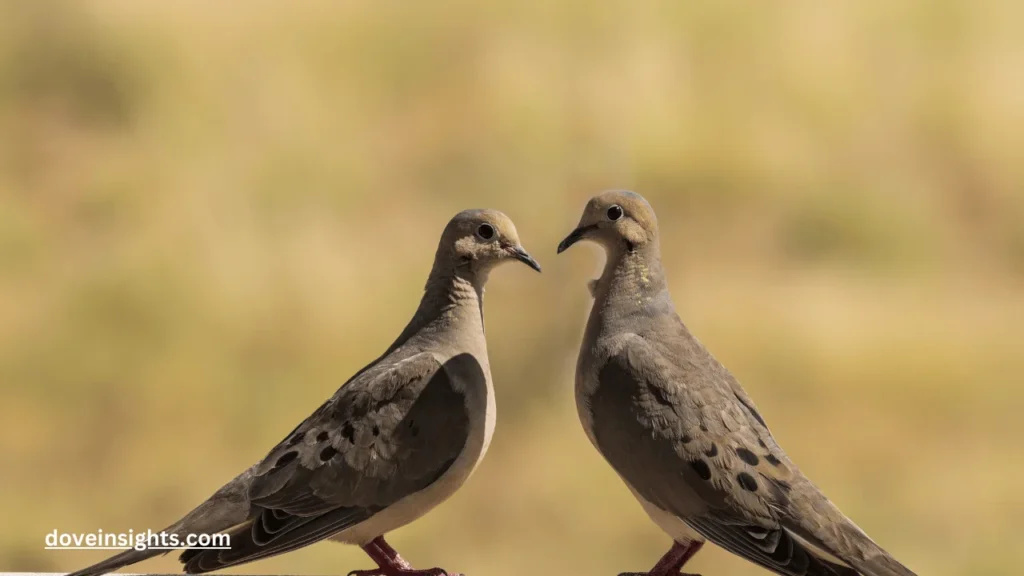
While it’s not recommended to make parakeet food the main staple of a mourning dove’s diet, offering them small amounts of it in moderation might not pose an immediate threat to their health.
If you enjoy feeding mourning doves in your yard, you can offer them a small amount of parakeet food occasionally. However, it’s important to remember that parakeet food is not designed for mourning doves, and their dietary needs are different.
The key is moderation—a small amount of seeds from a parakeet mix can serve as an occasional treat or supplement, but it should not replace the natural foods mourning doves rely on.
If you’re looking to attract mourning doves to your garden, offering them plain seeds such as millet or sunflower seeds (without added salt or oil) would be a much better choice.
Conclusion:
In conclusion, while mourning doves may be able to eat some of the seeds found in parakeet food, it is not advisable to feed them parakeet food as a regular part of their diet. The rich ingredients, such as high-fat seeds and added artificial additives, can disrupt their natural digestive processes and lead to health issues. Mourning doves thrive best on a simple, natural diet consisting of grains, seeds, and vegetation found in their wild habitats.
As a bird owner or nature enthusiast, it’s essential to provide food that is tailored to the specific needs of the species you are feeding. While it may be tempting to share food across species, understanding dietary differences will ensure that all your birds stay healthy and happy.
FAQ’s
Can mourning doves eat parakeet food?
Yes, mourning doves can eat some of the seeds in parakeet food, but it is not recommended as their primary diet.
Is parakeet food safe for mourning doves?
In small amounts, parakeet food can be safe, but it contains added ingredients that might not be ideal for mourning doves.
Why can’t mourning doves eat parakeet food regularly?
Parakeet food often contains high-fat seeds and artificial additives that can upset the digestive system of mourning doves.
What seeds should I feed mourning doves?
Mourning doves should be fed simple seeds like millet, sunflower seeds, and corn, preferably without added salt or oil.
Can mourning doves eat sunflower seeds from parakeet food?
es, mourning doves can eat sunflower seeds in moderation, but too many fatty seeds can lead to obesity and other health issues.
What are the best food options for mourning doves?
Mourning doves should eat a diet consisting mainly of natural seeds like millet, corn, and wild grains.
